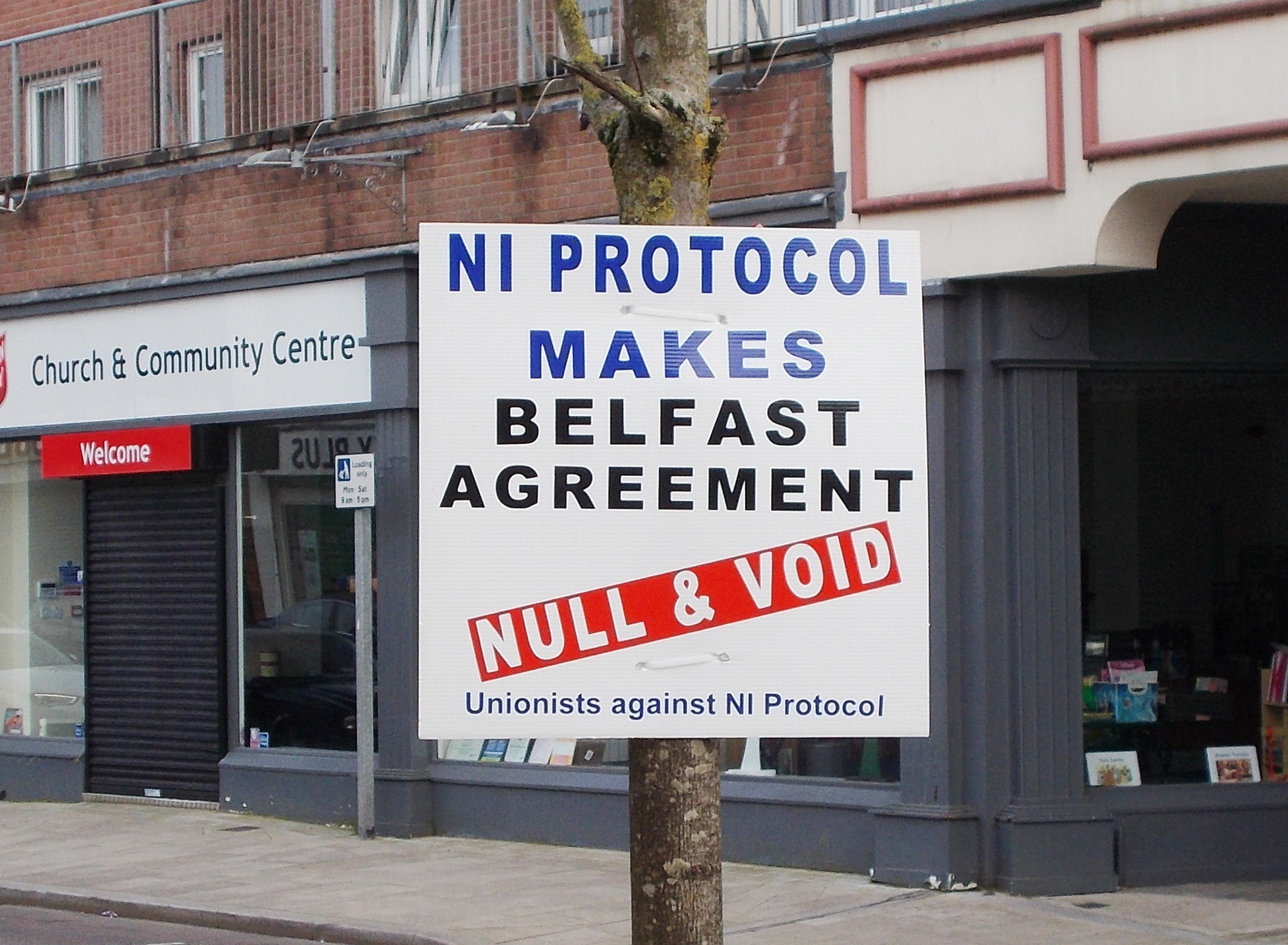This article was originally published here.
After 25 years since the signing of the Good Friday Agreement, the North has found itself inside a sort of limbo.
The celebratory events that have taken place over the last week where political leaders smile and congratulate each other on their progress, seem to be oddly out of touch and delusional. Anybody with eyes can clearly see how entirely fake and empty these events really are. How many times do we really need to be lectured by the likes of Tony Blair and the Clintons on peace and mortality?
Of course the Good Friday Agreement achieved some type of peace – enough to package it and sell it to the world as a success story anyway. I say that because the violence is still there, maybe at a smaller scale, but enough to still have a devastating effect on peoples’ lives. We don’t talk about this because it ruins the image of the supposedly successful face-lift Northern Ireland has received, through almost a decade of neoliberal policies to draw in multinational corporations.
With economic inequalities on the rise, the Good Friday Agreement has failed to address any of these problems head on. Sinn Fein, far from their revolutionary past, have been defanged and absorbed into the establishment, transforming themselves into a moderate centrist party. They have enjoyed the fury of Brit and Free State columnists who haven’t fully moved on from the 70s, which unintentionally adds to their underdog radical image in the South, but contradicts how they manoeuvre in the North.
And in terms of cross-community relations between the two major parties – Sinn Fein and the DUP – it never seemed better when it came to voting on economic policies – such as implementing Tory welfare reforms in Stormont and blocking proposals in Belfast City Council for rent controls on landlords.
There are those who believe liberalism is the answer to our problems in the North, the so-called non-sectarian centre, occupied by the Alliance Party. Personally, I don’t believe you can live in the North without having a stance on the national question. Having no stance automatically means you want to maintain what already is, therefore whether you like it or not, you support the state of Northern Ireland as a part of the United Kingdom, making you a unionist.
I do believe in anti-sectarian politics but we must define what sectarianism is. In the eyes of centrists, sectarianism is anything that challenges the status quo in Northern Ireland. It’s Irish history. It’s the Irish language. It’s wanting a united Ireland. However, supporting the likes of British Armed State Forces and fawning over the royal family is considered neutral and non-sectarian.
The Alliance Party is not the answer. It is not the alternative. It is a part of the problem.
Alliance’s economic policies alone would only divide working-class Catholics and Protestants. Only last year they voted against the Trade Union Freedom Bill that would have allowed trade unions to show solidarity with workers in other sectors. Alliance is a centre-right unionist party in denial. Real anti-sectarian politics will not stem from the centre, it will stem from the left, through anti-imperialist and pro-working class politics.
The political landscape of the North has changed over the years, though its rotten sectarian foundation based on division and violence has remained the same.
On the surface we are just like any other western European social democracy and we can thank the Good Friday Agreement for giving us the illusion of stability and normality. World leaders come, smile, shake hands, take photo ops, make some speeches about hope and peace, and then leave. Tourists come and see what we used to be like before we came to our senses and marvel at our journey.
But underneath lies another world. If you remove the veil you will see the poverty and pain that still remains as a result of British colonialism. The oppressive British state apparatus is still here and their presence can be felt in every working-class nationalist community in the six counties.
The question we have to ask ourselves is where do we go from here? Should we flex our principles for the sake of power? Mingle with the establishment? As republicans we should reject neoliberalism and its empty promises. We must find a way out of this limbo.
We must embrace our unique history and learn from the past.
We must be unashamedly Irish socialist republicans.
Micheál McBride is a socialist republican activist from south County Down. His work can be found on his website here, and his Twitter account is @mickthetaig.

